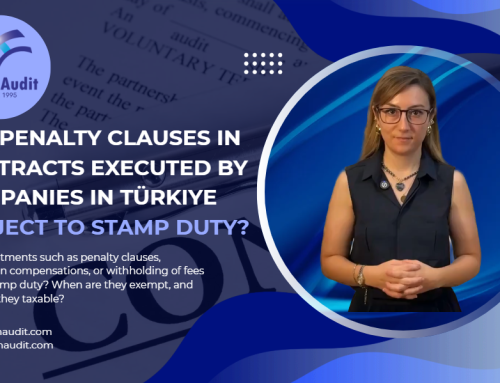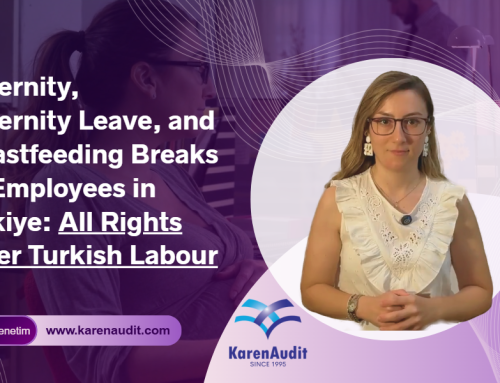If you’re a shareholder, director, or manager of a company in Türkiye, it’s important to understand your personal legal responsibilities—especially when it comes to unpaid taxes, social security premiums, and other public debts. Turkish law imposes specific obligations on company representatives, and failing to meet these can have serious consequences for your personal assets.
General Legal Liability of Board Members in Joint Stock Companies
Under the Turkish Commercial Code, board members of joint stock companies are personally liable for damages caused to the company, shareholders, or creditors if they fail to fulfill their legal and statutory obligations.
Even if a board member has limited or no representation authority, they can still be held jointly and severally liable with other members for the actions of company representatives, proxies, and assistants.
Tax Debts and Legal Representative Liability
When a company cannot pay its tax debts, and those debts are not recoverable from the company’s assets, the legal representatives—board members in joint stock companies—become personally liable.
This liability covers:
-
The unpaid tax debt
-
Late payment interest
-
Tax penalties
-
Other related public debts
This responsibility continues even if the company dissolves or ceases operations.
Importantly, shareholders of joint stock companies are not personally liable for public debts. This obligation lies solely with the board members. However, the authorities must first attempt to collect the debt from the company’s assets. Only if this is unsuccessful can they pursue the board members.
What About Limited Liability Companies?
In limited liability companies, both managers and shareholders can be held personally liable for public debts, but only in proportion to their ownership shares.
Liability for Social Security Premiums
Unpaid Social Security Institution (SSI) premiums and related payments—including general health insurance premiums, unemployment insurance premiums, late payment penalties, and administrative fines—also create personal liability.
In limited companies, managers and shareholders share this responsibility based on their ownership ratios.
In joint stock companies, board members are jointly and severally liable for these debts along with the company.
This liability applies to the period during which a person held office. Even after leaving their position, they remain responsible for any unpaid public debts incurred during their term.
What If the Legal Representative Is a Foreign National?
Foreign representatives of companies operating in Türkiye can also be held personally liable for unpaid taxes or public debts. However, they retain the right to recourse against the company for any amounts they personally pay.
Does It Matter If the Manager Is Also a Shareholder?
No. Whether or not a manager holds shares in the company does not affect their personal liability for public debts. Accepting the role of manager automatically carries this responsibility under Turkish law.
When Does Personal Liability Begin and End?
A director or manager’s liability for public debts:
-
Applies only to the period they were in office
-
Ends for debts arising after their term ends
-
But continues for debts incurred during their tenure, even after resignation or removal
Why It Matters
As a company director or manager in Türkiye, you are not only responsible for managing internal operations—you also have a duty to ensure the company’s tax and social security obligations are fulfilled on time.
Failing to do so can result in serious financial and legal consequences, potentially affecting your personal assets. Staying compliant and proactive is essential to protecting yourself from personal liability.
You can watch our YouTube video about this and subscribe for more!
Legal Notice: The information in this article is intended for information purposes only. It is not intended for professional information purposes specific to a person or an institution. Every institution has different requirements because of its own circumstances even though they bear a resemblance to each other. Consequently, it is your interest to consult on an expert before taking a decision based on information stated in this article and putting into practice. Neither Karen Audit nor related person or institutions are not responsible for any damages or losses that might occur in consequence of the use of the information in this article by private or formal, real or legal person and institutions.






